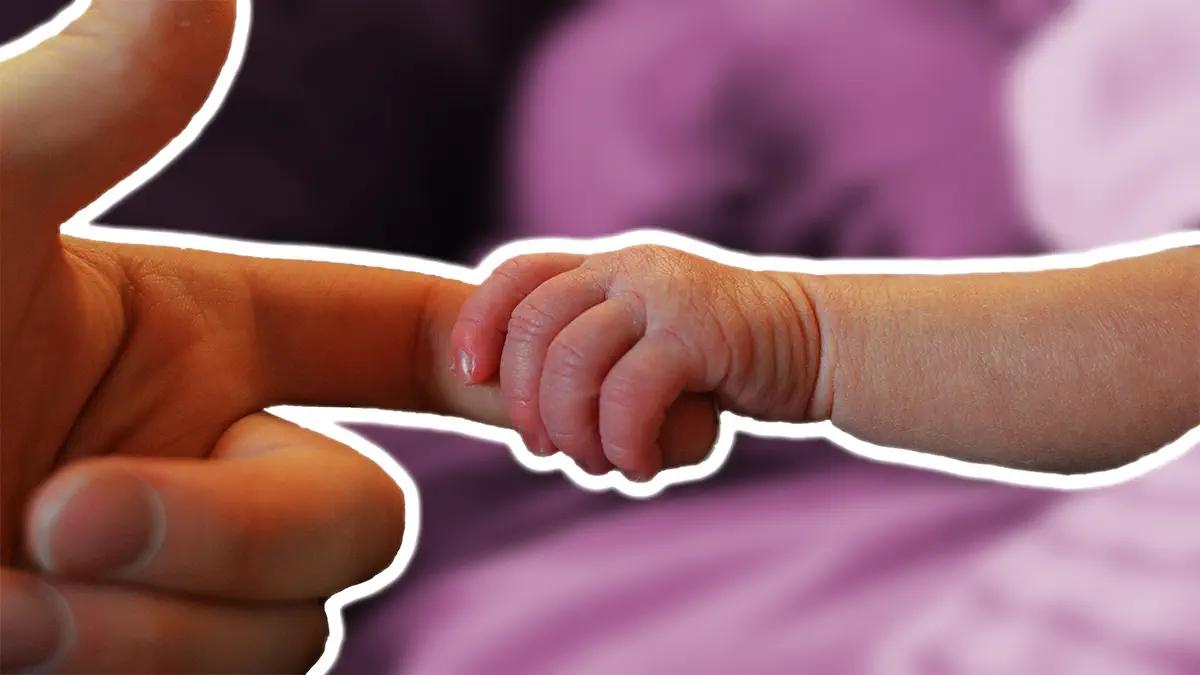What they don’t tell you about having a child.
18 October 2023 at 09:55 · 3 min read

Having a child is supposed to be one of the happiest and most fulfilling experiences one can have.
That’s why it's often so jarring for many to find themselves feeling down after the arrival of a new baby.
Whilst it’s entirely normal to sometimes feel a little down for the first two weeks after the birth of a child; so common in fact that the condition has been nicknamed the ‘baby blues.’ However, sometimes these feelings can become more severe and long-lasting. Postpartum or postnatal depression is a common condition that affects roughly 1 in 10 women - although partners of any gender can be affected.
Signs and Symptoms
Many incidents of postpartum depression go unreported because it can set in very gradually. Symptoms most frequently arise after around 2 months, but they can appear at any point in the first year after pregnancy.
Typically, depression can take any number of different forms:
- Persistent low mood
- Feeling constantly tired
- Losing interest in things that previously brought joy
- Issues with sleeping too much, or too little
- Problems with concentration and memory
In the case of postpartum depression, people can specifically feel...
- Difficulty in bonding with their baby
- A loss of interest in their baby
- As if they are unable to cope
Depression is often accompanied by anxiety and anxiety-related issues after birth are in fact more common than depressive symptoms. In the case of parents experiencing postpartum depression, this can specifically relate to:
- Excessive anxiety in regards to their baby’s safety or development
- Frightening, intrusive thoughts about the baby – for example, about hurting them.
Causes
Exactly what causes postpartum depression is still not clear and there are as yet, no universally accepted methods of prevention. It’s thought that genetic factors play a significant role; meaning that if people have a family history of depression or mental ill-health, they are more prone to develop postpartum depression
Self-care and treatment
The most effective method of treatment will vary from person to person and case to case. In general, it is best to practice good self-care regardless. Self-care can include:
- Speaking to friends, family and others in your support network
- Trying to maintain the hobbies and interests that one had before
- Getting as much sleep at night as possible
- Trying to maintain a healthy diet and exercising regularly
Needless to say, these can be hard to do at the best of times, nevermind when one has a new baby to care for as well.
Antidepressants or other medications may be prescribed on occasion, but this may vary as some medications are not able to be used whilst breastfeeding. For many, therapy - as provided by a trained and professional psychologist - can be of great help in dealing with the issues that they face on a day to day basis.
Outlook
Postpartum depression can be serious, especially if left to worsen without intervention. It has been estimated that as little as 15% of women that experience postpartum depression receive treatment. However, it's important to remember that sufferers are not alone and most cases are temporary. With the right help, the vast majority of people continue to lead full, happy lives with their children.

